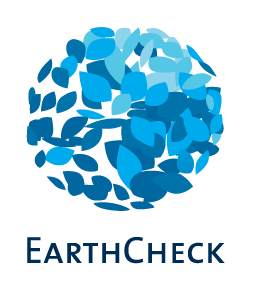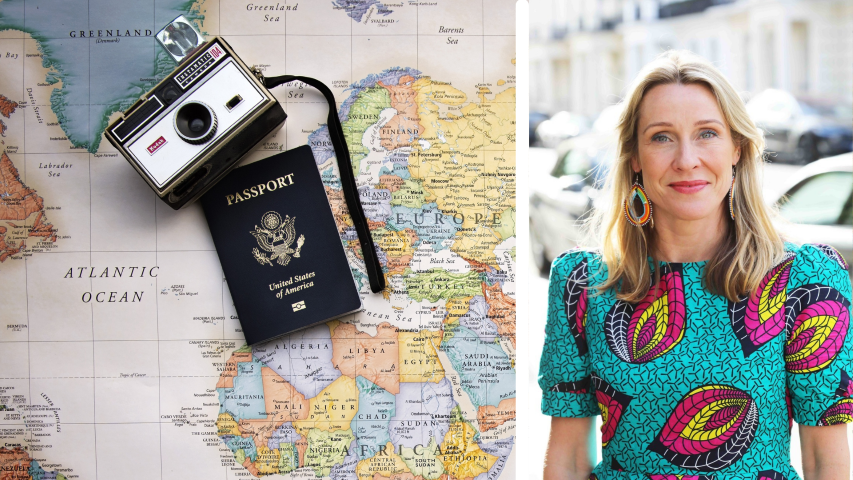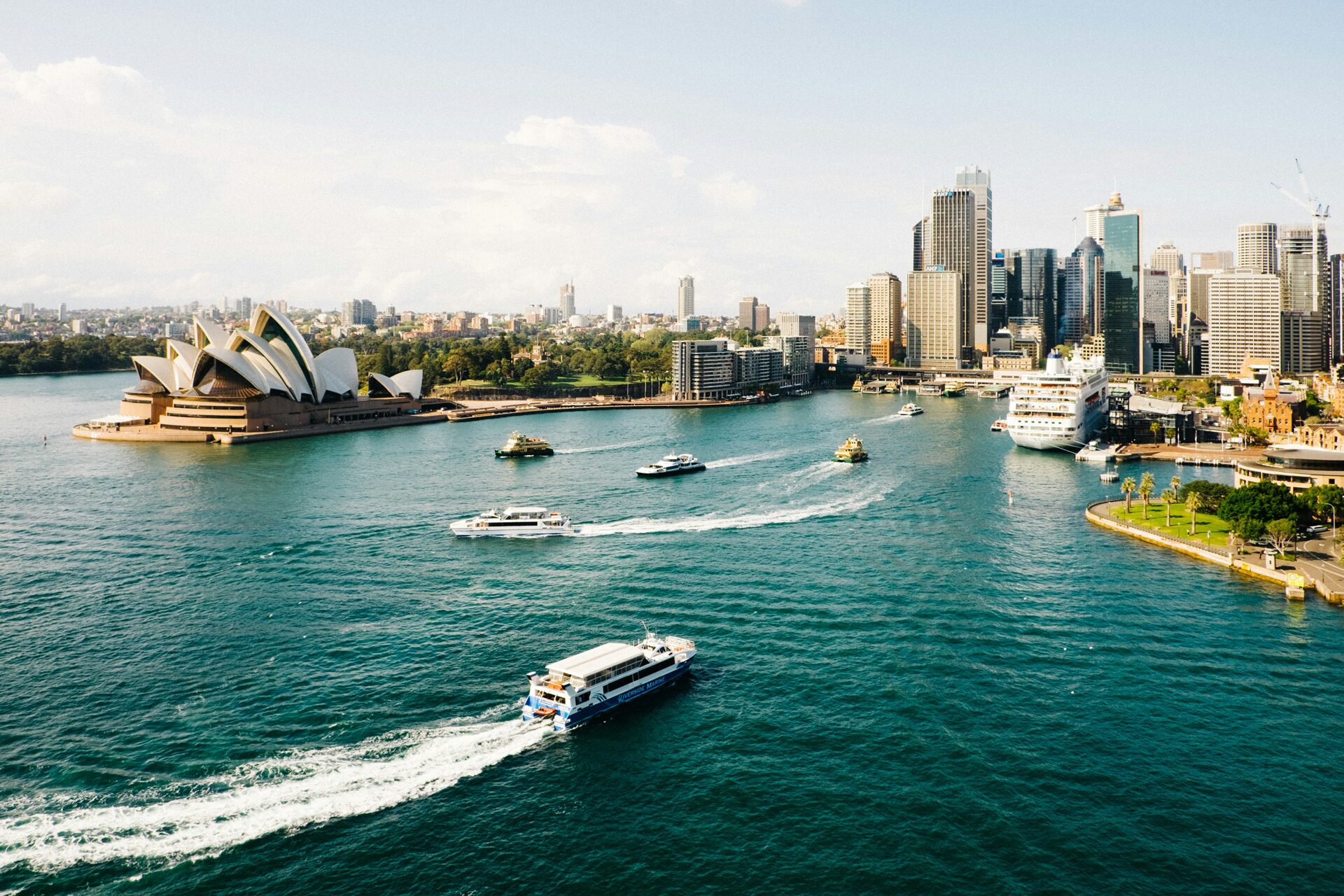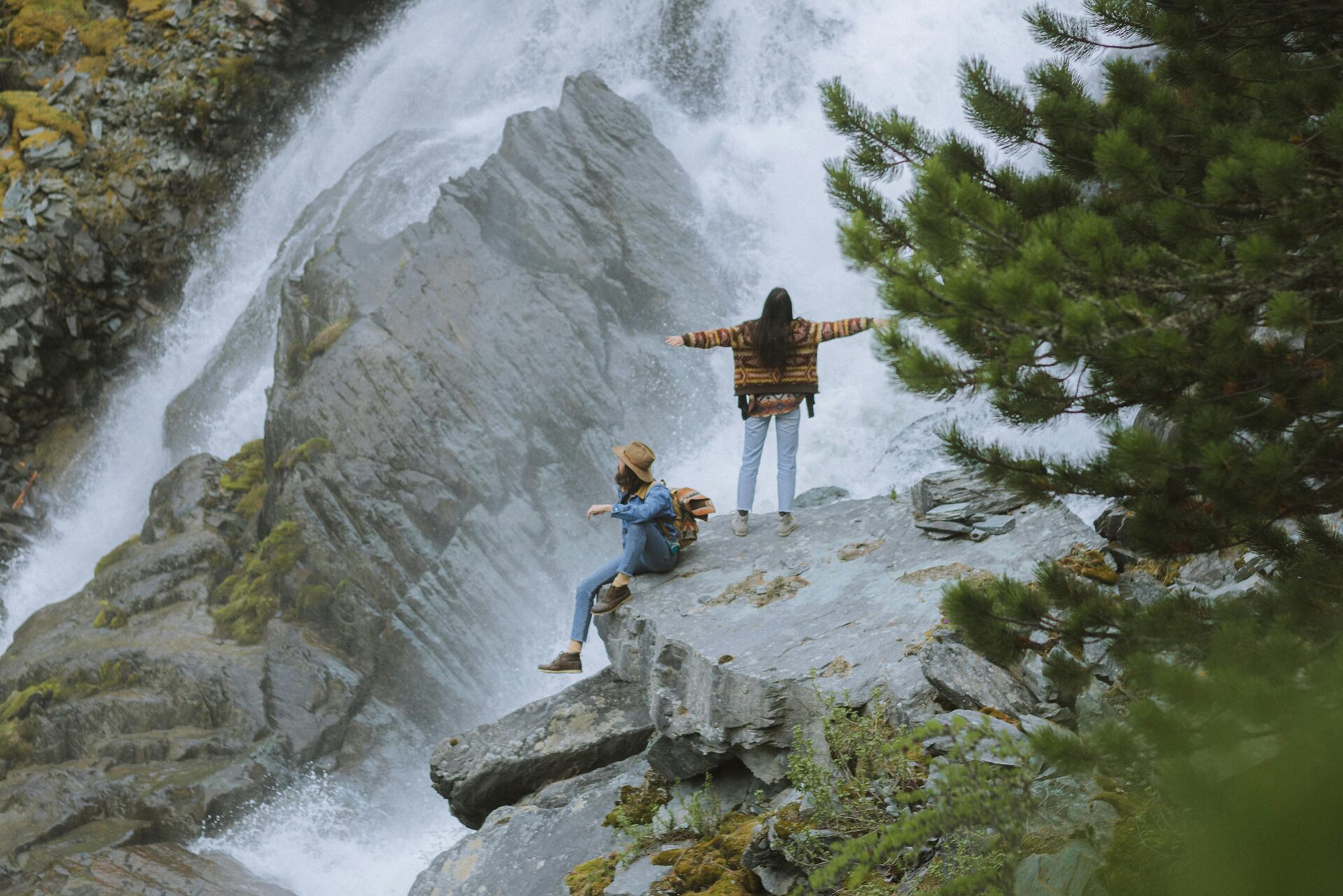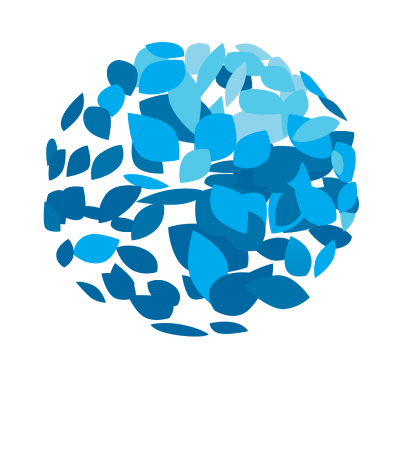Source: www.forbes.com | Contributor: Rooksana Hossenally
As travel whirrs back into action, it’s time to put all those travel resolutions we’ve been mulling over this last year into practice. Juliet Kinsman, author of The Green Edit (Ebury Press), founder of eco-luxury resource Bouteco and Sustainability Editor at the Condé Nast Traveller magazine, tells us how we can travel better by booking hotels that walk the talk when it comes to their contribution to the environment.
1) The first thing you look out for when booking a hotel is…
“…what they are doing to give back. People are going to travel regardless, so my mission with my book, The Green Edit, is really to encourage people to travel better. And that means connecting the dots of the socio-economic impact of each trip they make, from planning to the actual time we spend at the destination and being aware of supply chains. That also includes how you choose to offset the carbon footprint you leave by getting on a plane, like staying somewhere that really invests time and money in the community or planet.
A tell-tale sign of how much or how little a hotel is doing is often how much information they’ve chosen to share about the projects they are involved in on their website. Independent hotels are your best bets here though. For instance, the Datai Langkawi in Malaysia is one of the hotels actually walking its talk, even it’s owned by the government. I know this because I’ve been several times and have worked with them on their strategy. However, you can tell how committed the team is by looking at the hotel website and seeing how it’s striving for zero waste – you can tell it’s making a real investment.”
2) The best website for booking a sustainable luxury hotel is…
“… I’m not trying to blow my own trumpet here, but Bouteco, the website I created, is a good place to do your research, even if you can’t book through it, because I’ve been to and investigated all the places featured here, so I know they are doing their bit. The eco hotels on the Bouteco Loves list have been researched but they are also setting new benchmarks in the luxury travel industry.
It’s also an entirely independent resource of sustainable luxury boutique hotels, which, as much as every business needs a business model to keep running, doesn’t have one, meaning it’s truly reliable and impartial, and not shaped by commercial aims.
I really want to stress how important it is to remember that as a customer, you decide whom you give your money to, and that includes hotels – so we need to make sure we’re choosing the right places. After all, why would you want to give your money to a hotel that’s detrimental to its surroundings and community when you can support a hotel that does the opposite?”
3) The most vital aspect of sustainability when looking for a hotel is…
“… places that support women in rural areas because that will help curb population growth, which is the biggest climate emergency. When you’re looking at a hotel, the first question you need to ask yourself is what you care about and align your choice of hotel with your values. And there isn’t just environmental sustainability – it’s important to remember that. There’s also social sustainability. For instance I love the work Kasbah du Toubkal up in the Atlas Mountains in Morocco, or Soneva in the Maldives, are doing to support women.”
4) The eco-certification label you always look for…
… is EarthCheck, which is my number-one reference when I travel. There are dozens of labels out there highlighting all sorts of promising initiatives and values, so knowing which ones use an authentic measure of how sustainable they are isn’t easy. It’s hard to navigate the landscape, but we have to try. I’m a firm believer in it being our responsibility as consumers to challenge the storytelling behind these labels.”
5) How you check a hotel is sustainable when you get there…
“… I like to ask them to give me a tour. When you arrive at your hotel, don’t be afraid to ask for a tour of the property and to see their waste disposal system, staff quarters, kitchens and vegetable gardens. It feels surprisingly empowering to see what your money’s funding.
And if they’re really making that investment in the environment and the community around them, then showing you around will be a source of pride for them. It’s a great way of seeing how far their interest in giving back goes. But also, taking an interest in how the hotel you’re giving your money to is run educates you about great initiatives you might want to look out for when booking hotels in other destinations for future trips.
———-
A Paris-based travel and culture journalist and editor, I contribute stories to various titles including the Condé Nast Traveller, Telegraph, New York Times and Guardian. Ex-Publicis and Condé Nast, I also work with multinational brands and media outlets on crafting and telling their stories across their editorial and social media channels.
